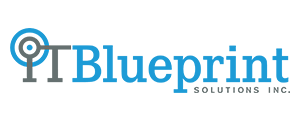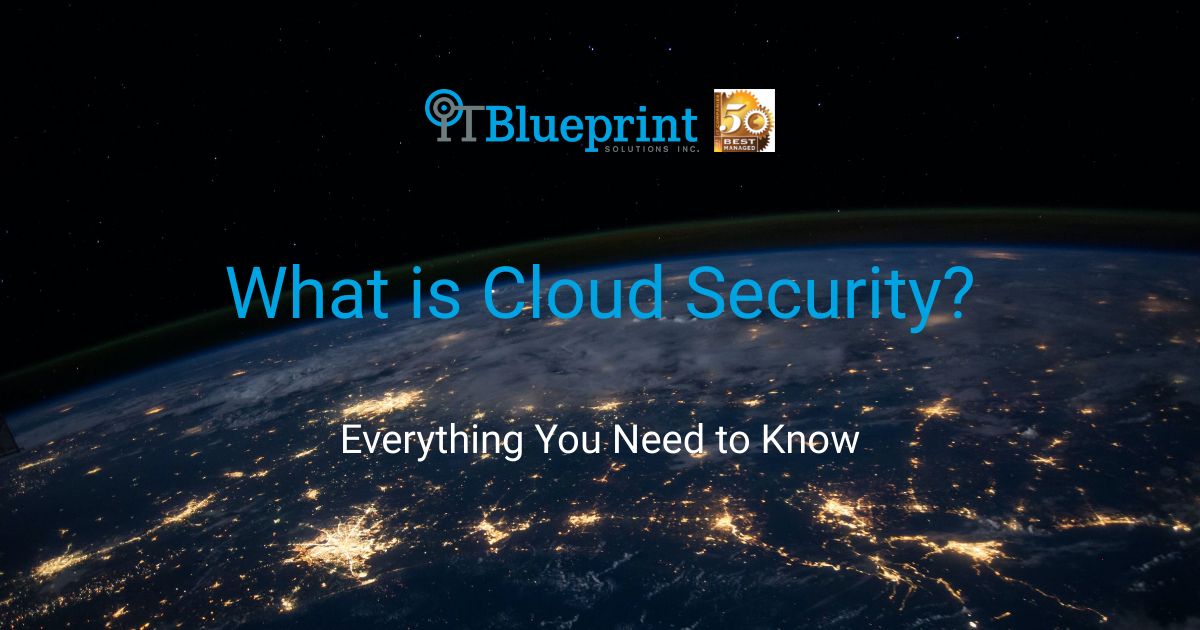These days, there’s a lot of talk about cloud security and what businesses need to do to ensure their data is safe. But what, exactly, is cloud security ? And what different types are there?
And in today’s technological landscape, cloud security is becoming more important than ever, with 45% of all breaches happening against cloud-based systems!
To help you defend against this rising threat, this blog post will be taking a comprehensive look at cloud security and how it works. We’ll also discuss the various types of cloud security, cloud threats and how they affect your business.
What is Cloud Security and What are its Various Types?
Cloud security is the set of processes and controls that work together to protect data stored in cloud-based applications, software, and services . It includes both physical measures on the actual servers as well as logical ones such as authentication protocols and encryption algorithms.
The types of cloud security you can use vary depending on the type of cloud service you’re using (e.g. private cloud, hybrid cloud or public cloud services ):
- Infrastructure-as-a-Service (IaaS)
-
- Cloud security solutions include network access control lists, firewalls, virtual private networks (VPNs), intrusion detection systems and identity management tools.
- Platform-as-a-Service (PaaS)
-
- These types of cloud security tools provide platform-level protection such as application firewalls and web application firewalls.
- Software-as-a-Service (SaaS)
-
- SaaS cloud security offerings include monitoring tools, encryption services and data loss prevention solutions.
What are Cloud Security Threats, and What Types are There?
Cloud security threats come in different shapes and forms, from malicious attacks from external hackers to accidental data loss caused by internal users.
While the threat landscape is constantly evolving, these are the most common cloud security threats you should be aware of to protect your sensitive data :
Malware Attacks – Malicious software that can infiltrate a cloud system and steal or corrupt data.
Insider Threats – Unauthorized access to cloud services by insiders with privileged access.
Data Loss – Accidental deletion of data due to user error or malicious intent.
Insecure APIs – Weaknesses in application programming interfaces that allow attackers to bypass authentication measures.
Phishing/Social Engineering – Attackers use social engineering techniques such as phishing emails to gain unauthorized access to cloud systems.
Distributed Denial of Service (DDoS) Attacks – Attackers overwhelm a system by sending multiple requests from many different sources, making it impossible for the service to respond.
By understanding these threats and how they affect your business, you can take the necessary steps towards protecting your data in the cloud and keeping your company safe. By leveraging the right cloud security controls and solutions for your type of cloud service, you can put in place safeguards that will help prevent malicious attacks and accidental data loss.
What is Infrastructure Security in Cloud Computing?
Infrastructure security in cloud computing covers the physical and virtual components of the infrastructure, such as:
- Servers
- Firewalls
- Networks
- And Storage
It also includes both hardware and software measures that protect against external threats as well as unauthorized access from within an organization.
These measures include network segmentation to prevent attackers from gaining access to critical systems; authorization control to ensure only authorized users can gain access; encryption methods for data-in-transit; intrusion detection systems (IDS) to monitor for malicious activity; patch management to keep up-to-date with bug fixes; backup solutions in case of disaster recovery scenarios, and more.
What is Cloud Workload Security?
Cloud workload security is the set of tools and processes that protect a cloud environment from malicious attacks, unauthorized access, and data loss. It includes both server-level controls such as firewalls and network segmentation, as well as application-level controls like encryption and authentication protocols.
Learn more: |
Cloud workload security also covers monitoring processes to ensure that all users are following security best practices; patch management for keeping systems up-to-date with bug fixes; logging and alerting solutions to detect any suspicious activity; incident response plans in case of disasters or other emergencies, and more.
By taking these measures, you can help protect your cloud environment from potential threats and security issues.
What is Data Security in Cloud Computing?
Data security in cloud computing is the set of measures that protect data hosted in the cloud from unauthorized access and malicious attacks.
It includes:
- Data encryption methods for data-at-rest
- Authentication protocols to control user access
- And monitoring solutions to detect any suspicious activity.
Data security also encompasses backup solutions to ensure your data can be restored if compromised; secure deletion of old files or records; audit trails to track user access history; and incident response plans in case of disaster scenarios.

Maximizing Your Cloud Security Measures with iTBlueprint
Did you know 81% of companies experienced a cloud security incident in the last year?
At iTBlueprint, we understand how important it is to protect your cloud environment and data. That’s why we offer a suite of services that can help you maximize your cloud security measures.
Our experts are experienced in leveraging the latest technologies and best practices to provide customized solutions for protecting against data breaches, unauthorized access, malicious attacks, and more. We also have extensive experience in implementing infrastructure security measures such as network segmentation, authorization control and encryption methods.
Whether you are looking for a comprehensive approach to securing your cloud environment or require assistance with specific aspects of cloud security, our team can help ensure your business remains safe from potential threats.
Contact us today to learn more about how we can help protect your cloud-based data and applications.





